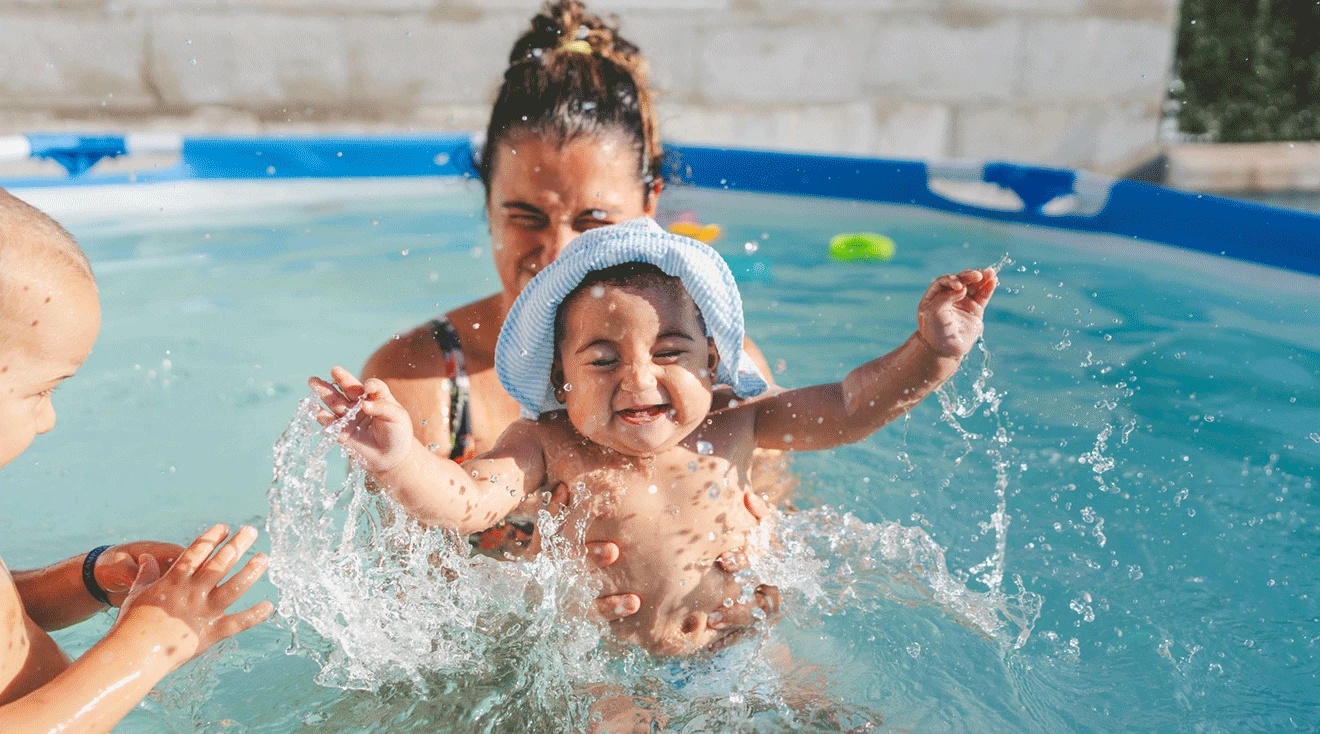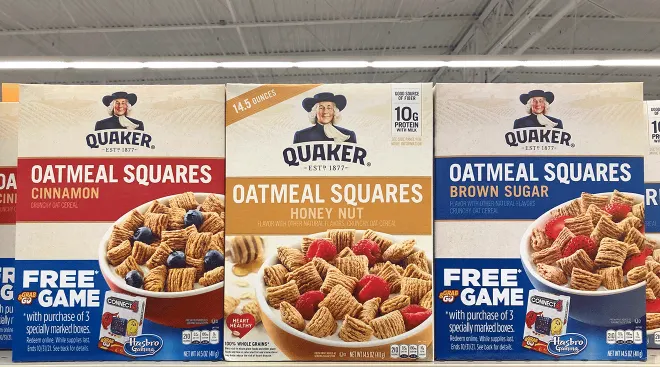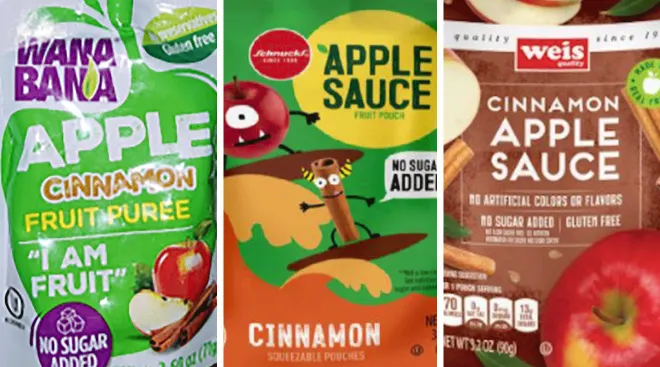When Can Babies Go in a Pool?
Part of the fun of being a new parent is showing your little one all of the activities you can do together—and taking a dip in the pool can be a big part of summer and family vacations. But when can babies go in the pool? While there are no hard rules around when babies and newborns can go in a pool, pediatricians generally agree on certain unofficial guidelines. Read on to learn what the experts say, and consider these important factors before taking baby for a swim, whether it’s in a chlorinated or salt water pool.
The American Academy of Pediatrics (AAP) says baby should start swimming lessons at age one, but the organization doesn’t specifically address when newborns and babies can go in a pool. Though there isn’t a definitive age when babies can go in the pool, the general recommendation is around 6 months, depending on whether they’ve hit certain developmental milestones, notes Katie Lockwood, MD, attending physician at Children’s Hospital of Philadelphia’s primary care network in Flourtown, Pennsylvania. These include baby being able to support their own head in an upright position, as well as being able to hold their body upright (so they don’t topple over into the water) with minimal support at their waist.
A few other reasons why experts recommend waiting until 6 months before baby goes swimming in the pool? “Babies have a large surface area to volume ratio, which means it’s easy for them to lose body heat in cool water,” explains Rebecca Dudovitz, MD, a pediatrician at UCLA Health. “We worry about babies getting too cold if submerged in a pool before [6 months].”
Additionally, babies will typically have their first sets of important vaccines by the time the hit the six-month mark. As a result, “they’re less vulnerable to picking up dangerous infections,” Dudovitz adds.
When can baby go in a chlorine pool?
Similarly, it’s recommended baby is at least 6 months old before going into a chlorinated pool, says Danelle Fisher, MD, chair of pediatrics at Providence Saint John’s Health Center in Santa Monica, California. That’s because there can be tricky balance when it comes to chlorine. On the one hand, chlorine does help reduce the number of germs in pools. If there’s too little chlorine in the pool, you risk baby getting infections from contaminated pool water, Lockwood says, and baby “still has a developing immune system.” (Public pools are especially concerning for this reason, Fisher adds.)
However, despite its hygienic qualities, chlorine is still a chemical and can be harmful to the body if swallowed, Fisher notes. Plus, if there’s too much chlorine in the pool, it can irritate baby’s sensitive skin and lungs, Lockwood adds.
“There’s some evidence that swimming increases the risk of respiratory infections and wheezing, and one theory is that this is related to chlorine irritating infant airways,” Dudovitz says. “There are also studies suggesting infant swimming is associated with increased risk for gastrointestinal infections and ear infections.” But, she adds, “we really need better studies all around” to see whether taking babies swimming actually causes these health issues.
When can baby go in a salt water pool?
It’s also a good idea to wait until baby is 6 months to go in a salt water pool. “Infant kidneys are still developing until they’re around 6 months old. Before then, they cannot manage salt well,” says Lockwood. And even after, you’ll want to ensure baby isn’t drinking salt water when swimming in a salt water pool.
Fisher agrees: “The salt water isn’t good for swallowing.” Whether you take baby in a chlorinated or salt water pool, Fisher recommends giving them a bath afterward—or at least a quick rinse until you can make it to the bath.
Pool safety is “extremely important, as drowning is a leading cause of death in children,” Lockwood emphasizes. Below, experts note some ways to keep your little one safe in and around the water:
- Never leave baby alone in the pool. Even if you’re using a flotation device or your child is in a kiddie pool, supervision is vital. “Do not take your eyes off them. If you’re holding baby, you want to make sure you’re attending to them at all times,” Fisher says.
- Install a pool fence. This is especially important once baby is old enough to roll and crawl, but should ideally be installed before then. Ensure it goes around the entire pool and has a latched gate.
- Pay attention to the water and air temperature. Checking the water and air temperature is important because “pool days can be hot, but the water can be cold,” Lockwood says. For this reason, ensure baby has ample access to shade, fluids (breast milk and formula for babies younger than 6 months and water for older babies), sun protective clothes and sunscreen (for babies older than 6 months). If the pool water feels cold, Lockwood recommends only putting baby’s hands or feet in the water. “Make sure that you’re checking that they appear comfortable and not too hot or cold,” she adds.
- Keep your cell phone handy. “You always have eyes and hands on your baby, both in and around water,” Dudovitz says, but she suggests also keeping a phone nearby in case of emergencies.
- Take an infant CPR class. No parent wants to think of emergency scenarios, but it’s important to be prepared. Dudovitz says all caregivers should take an infant CPR class so they know what to do in case of an emergency. Additionally, as mentioned, sign baby up for swimming lessons shortly after their first birthday—it could save their life.
- Keep baby out of the pool if they’re symptomatic. To ensure a healthy pool environment for all little ones, Lockwood suggests keeping baby out of the pool until they’ve been symptom-free from any illnesses, but especially diarrhea, for at least 24 to 48 hours. For certain types of diarrheal illness like cryptosporidium, which is caused by parasites, she recommends waiting two weeks.
Taking your growing family to the pool is a memorable way to spend time together, but it’s important to do so safely. Keep an eye on baby at all times, and enjoy watching them explore the water.
Please note: The Bump and the materials and information it contains are not intended to, and do not constitute, medical or other health advice or diagnosis and should not be used as such. You should always consult with a qualified physician or health professional about your specific circumstances.
Rebecca Dudovitz, MD, MSHS, is a pediatrician and associate professor in general pediatrics at UCLA Health. She earned her master’s and medical degree from, as well as completed her residency at UCLA.
Danelle Fisher, MD, FAAP, is the chair of pediatrics at Providence St. John’s Health Center in California. She earned her medical degree from Albert Einstein College of Medicine of Yeshiva University in New York City and completed her residency training at Children's Hospital Los Angeles in California.
Katie Lockwood, MD, is an attending physician at Children’s Hospital of Philadelphia’s primary care network in Flourtown, PA, as well as an associate professor of pediatrics at the University of Pennsylvania. She received her medical degree from Jefferson Medical College, her master’s in education from Monmouth University and completed her pediatric residency at Children’s Hospital of Philadelphia.
American Academy of Pediatrics, Swim Lessons: When to Start & What Parents Should Know, May 2024
European Respiratory Journal, Infant swimming in chlorinated pools and the risks of bronchiolitis, asthma and allergy, June 2010
Environmental Health, The incidence and health burden of earaches attributable to recreational swimming in natural waters: a prospective cohort study, August 2013
Learn how we ensure the accuracy of our content through our editorial and medical review process.
Navigate forward to interact with the calendar and select a date. Press the question mark key to get the keyboard shortcuts for changing dates.



















































